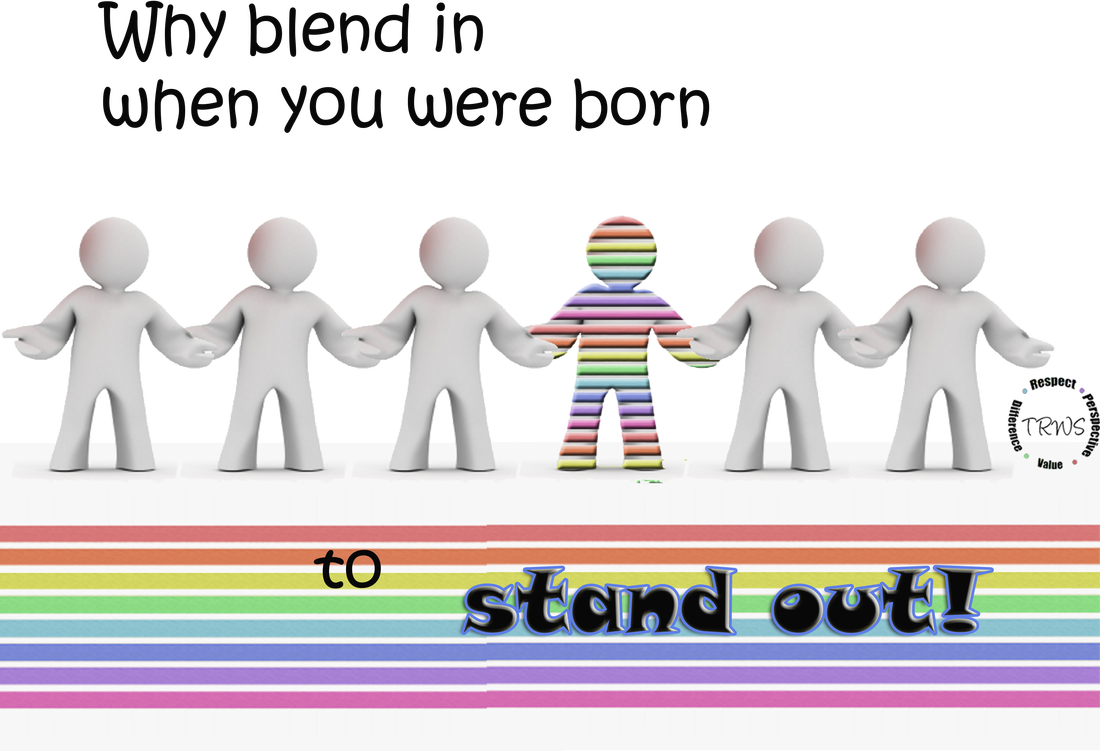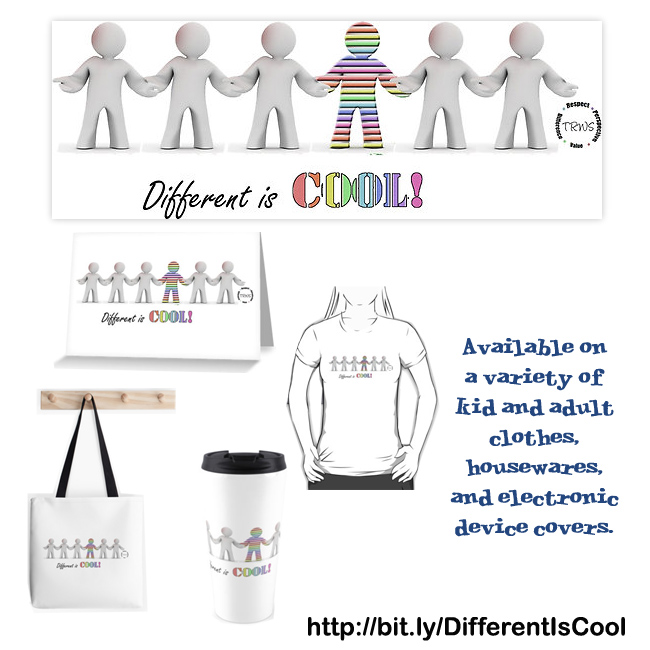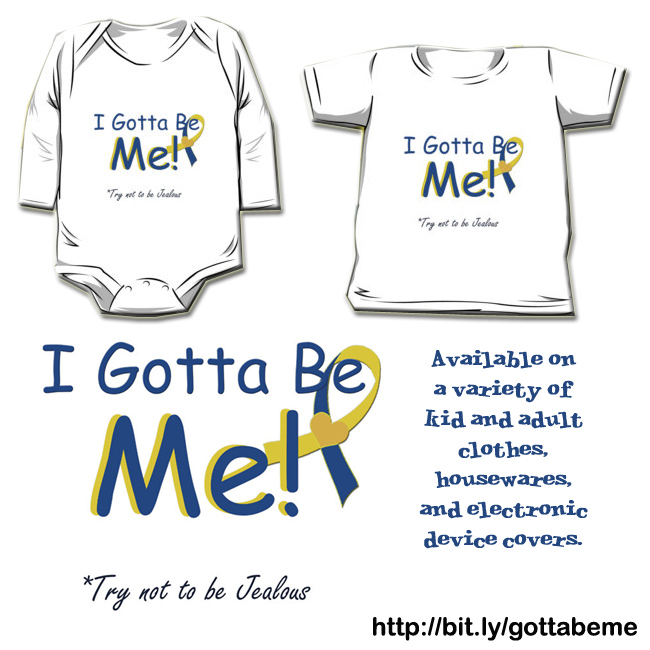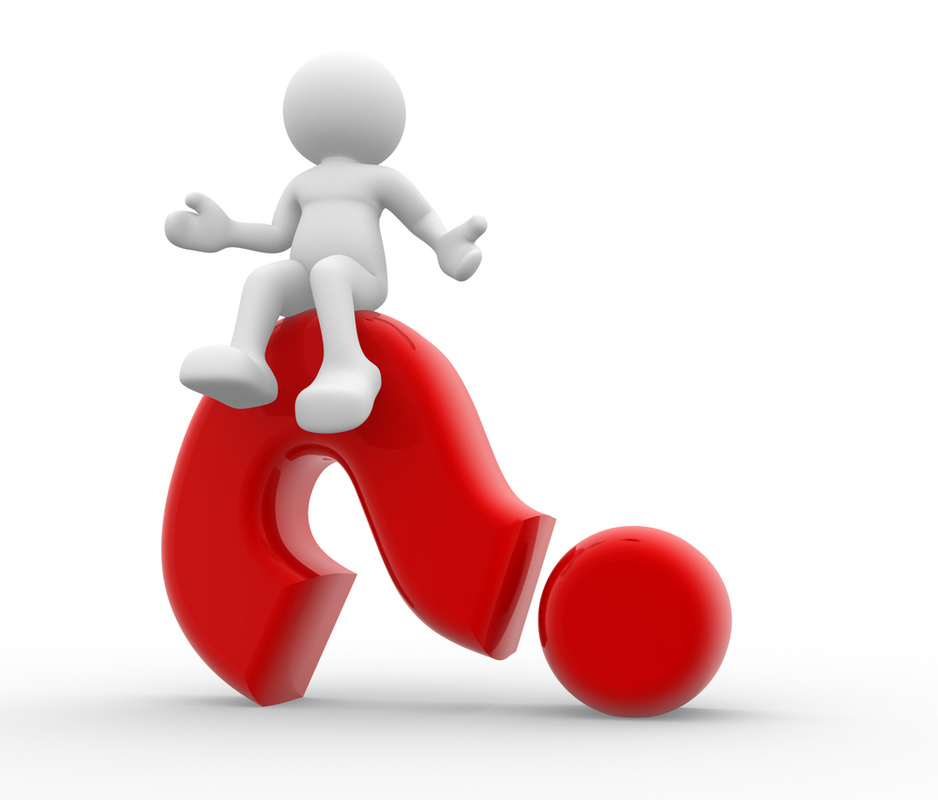 Have you ever been asked
Have you ever been asked
“the question?”
Next on the list of FAQ’s would be “How severe is it?”
The first question is offensive because it assumes that if you did know you would have chosen not to go forward with the pregnancy. The other is equally troublesome because of the implication that there is some type of measure for the amount of chromosome 21 that exists within the cells of people who have Down syndrome. Both queries reflect the general population’s misunderstanding of who our loved ones are: valuable human beings with every right to exist and be who they are.
Measure of “Functioning”
My least favorite dichotomy used to describe our loved ones is the old high/low functioning structure. Parents often fall prey to this one when they are forced to describe their child. From infancy on, we have to use a deficit model to receive services, whether we’re talking about IEP goals linked to education and various therapies, or activities of daily living (ADL’s) linked to adult services.
used to describe our loved ones is the old high/low functioning structure. Parents often fall prey to this one when they are forced to describe their child. From infancy on, we have to use a deficit model to receive services, whether we’re talking about IEP goals linked to education and various therapies, or activities of daily living (ADL’s) linked to adult services.
Feeling Like an Outsider In Our Own Community
Researchers are starting to look at something parents have known for a while now:
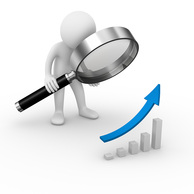 “quite a few people diagnosed with Down’s syndrome present with issues with social communication skills more frequently noted in cases of autism.”
“quite a few people diagnosed with Down’s syndrome present with issues with social communication skills more frequently noted in cases of autism.”“I’m often reading on Facebook how other parents, who have a child diagnosed with a dual diagnosis of Down syndrome and autism, feel like they don’t fit in anymore at regular Down syndrome events, meetings or get togethers. They believe there is too big of a difference with their child to other children who just have Down syndrome.”
- But how do we make everyone feel welcome and appreciated?
- Do we really need to quantify ourselves and our children?
- How do we get people to stop saying he/she has a mild (or severe) case of Down syndrome?
- Will we be stuck with terms like “high functioning” and “low functioning” forever?
I just hope that we can find a way to set the example for the general population and become a place where the hierarchy of disability does not exists, a place where everyone is welcome and celebrated because of their differences, not in spite of them.
I just want to go on record to say that The Road is, and will always be, one of those places.

